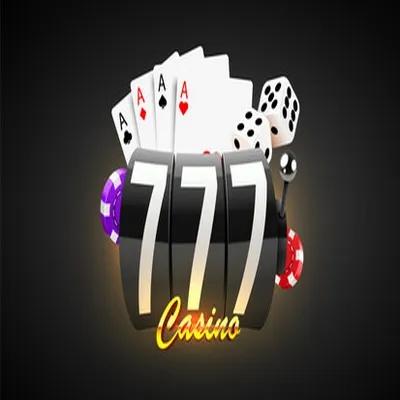jogo palavra do dia
$7453
jogo palavra do diaAnother important factor is understanding and applying different types of bets. The most common bets in sports betting are 1x2 bets (picking a team to win, draw or lose), over/under bets (predicting the total number of goals in a match), and Asian handicap bets (handicap bets). Each of these bets has different strategies and calculations, and players need to understand the rules of each type of bet to be able to make the right decision.
Betting on matches with attractive odds for a draw is also an option that players can consider. Matches between two teams that are in similar form or have a balanced playing style are more likely to end in a draw. Betting on a draw offers higher odds than betting on a winning team, and this can be a good opportunity for players who want to minimize risk but still seek profit. Keywords such as "draw betting", "draw betting", or "1-1 betting" will help players find opportunities in these matches.
Product description

jogo palavra do diaWhen it comes to slot games, choosing the right machine and understanding the features of each type of machine is essential. Many modern slot machines feature jackpots with attractive payout rates, but there are also slot machines that are simpler to play and easier to win. Players can learn about the different types of slot machines to make a reasonable decision that suits their goals.
Additionally, “trend betting” is an interesting strategy that many players use, especially in sports betting. These players will follow betting trends, such as good team performance or odds movements, and bet in that direction. Keywords such as “trend betting”, “team performance betting” or “odds trends” will help players find information sources and tools to help identify profitable betting trends.

Ultimately, the growth of the online gambling industry in Southeast Asia will continue to expand, especially as new technologies and innovative products become more widely available. However, ensuring the sustainable and responsible development of the industry requires close cooperation between service providers, regulators and the gaming community. Only then can the online gambling industry thrive without causing negative impacts on society.
Gambling, or betting, is an activity that humans have been involved in for thousands of years. From simple games to grand casinos and modern online sports betting, this industry has gone through a long journey of development. The following article will review important milestones in the history of the betting industry. Betting is not a new concept, but has existed since ancient civilizations. Archaeological evidence shows that, as early as the Babylonian and Egyptian periods, people participated in games of chance, often in forms of betting involving cards or dice games. Betting in Greece and Rome: Ancient Greek and Roman civilizations organized horse races and sports competitions, where people could bet on the outcome of events. Chariot races in Rome and arena sports were among the earliest forms of betting known to mankind. These games were not only part of the entertainment culture but were also associated with religious beliefs and rituals. Dice and card games were also used as a form of betting from this period, although there was no formal system or rules. Cards in particular appeared in China around the 9th century and gradually spread to other regions such as India and Europe. Betting flourished in Europe in the 17th and 18th centuries, when casino games began to become more popular. The first casino opened in Venice, Italy in 1638. This was the first place with formal betting organization and procedures. The first casinos mainly served the nobility and the wealthy, and were only open on special occasions such as festivals. The first casino in Venice (1638): The first casino opened in Venice, Italy in 1638. This was the first place with formal betting organization and procedures. The first casinos catered mainly to the nobility and the wealthy, and were only open on special occasions such as festivals. Horse racing betting: Horse racing was one of the first popular forms of sports betting and began to become part of the betting culture in Europe in the 18th century. The first horse races were held in England, where a strong horse racing industry developed, with famous races such as The Derby. Gambling and sports competitions: In the 19th century, gambling games at casinos and sports competitions such as football and horse racing began to become popular events that people bet on. In the 20th century, the betting industry continued to thrive, especially after countries began to legalize and regulate the industry. The city of Las Vegas in the United States emerged as the "gambling capital" of the world in the 1930s when Nevada legalized casino games. Las Vegas casinos have become an icon of the gambling industry, attracting tourists and gamblers from all over the world. Famous venues such as the Bellagio, Caesars Palace and The Venetian have become symbols of luxury and the gambler's lifestyle. Sports betting officially flourished in the 1940s and 1950s, especially in Las Vegas casinos. Sports such as football, basketball, and horse racing began to attract the attention of bettors. By the late 20th century, sports betting had gone beyond entertainment and had become a professional industry with major organizations and tournaments, such as the Super Bowl (USA) and the Premier League (UK).










